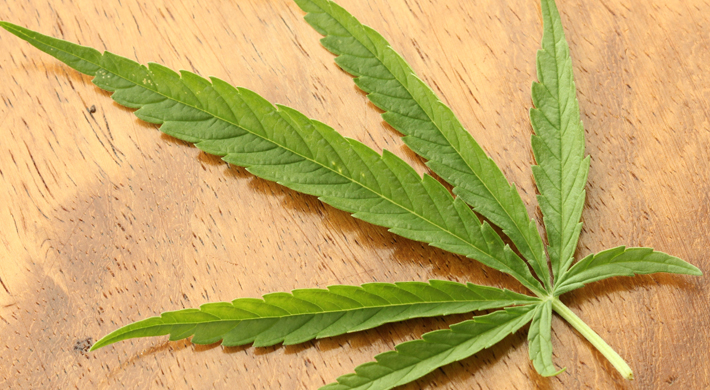
If you listen carefully on April 20th, you can hear the unmistakable sound of a raspberry gusting from the lips of cannabis smokers all over the world. That’s the date that has become a worldwide day of civil disobedience against politicians who refuse to stop lying about prohibition. Law-abiding, tax-paying citizens in every major city on the planet on this day spark up a doobie and mellow out with their brothers and sisters in a celebration of the ancient and venerable cannabis buzz.
While ”œ4.20,” as it’s known, has mysterious and contested origins, its current meaning is unambiguous. Cannabis is here to stay and users are gathering in front of legislative buildings in every major capitol to remind cowardly public officials that if God couldn’t make prohibition work in the Garden of Eden – with the complicity of a talking snake, no less – governments should not try.
Cannabis prohibition, from its inception in 1923, was based on a lie: that cannabis induced insanity or amotivational syndrome or murderous violence or was a gateway to heroin. All of this was known to be dubious at the time. So what kind of hubris presumes to criminally prohibit a dioecious flowering herb that grows anywhere south of the tree line and has been at the benign service of humankind since, oh, 4000 years before the common era? The answer is the fever-swamp of President Richard Nixon’s paranoid mind. He was cynical enough to see the potential of drug prohibition as an instrument for personal political gain. His ”œwar on drugs” turned into a full blown war on people the world over, creating untold suffering for minorities in his own country (his intended target) and growing the power, influence and violence of organized crime in every country. As a purveyor of lies for political advantage, Tricky-Dick had few peers.
Of course, the war on drugs has been good for some people too: Police and security agencies have done well. Arms merchants have made out like, well, arms merchants. International banks – those globe-straddling money laundering institutions – have done pretty good judging by the fines they have paid (I’m looking at you, HSBC). Politicians in every country have climbed aboard the ”œtough on crime” bandwagon to win re-election. There are the very profitable private prison contractors and guards unions in government run penitentiaries. And there’s a whole industry dedicated to ruining your life with dubious drug testing technology – all pleasingly lucrative for shareholders – which has spawned another industry to defeat drug testing. Even organized crime has benefited from the artificially high prices for their products which prohibition ensures and perpetuates. Yes, there has been corruption, death and destruction on an epic scale – millions of lives lost and destroyed in the United States alone, to say nothing of countless millions more with life-long criminal records for mere possession. Here at home and across the planet prohibition has accelerated the transmission of HIV and Hep C, criminalized millions more and torn families asunder while push countless millions of citizens to the margins of society. The toll has been especially hard on minorities – particularly inner city youth and Aboriginal youth in Canada’s far north.
Enrich the rich and oppress the poor: such is the cost of your drug war.
In the last couple of years, however, the tide has begun to turn. In 2001, Portugal, of all places, decriminalized everything. Everything. They have seen a rise in demand for treatment, a fall in the rate of disease transmission, a dramatic drop in overdose deaths. What they have not seen is a spike in drug tourism. Colorado and Washington State – still working out their bugs – have reaped tax revenues to make a law-maker smile but without the sky falling. The feared spike in cannabis-related traffic fatalities has not materialized and there are early signs that cannabis may be displacing the consumption of alcohol. Bad news for booze but good news for public health. Uruguay legalized cannabis and … nothing happened. Large parts of Europe, even Switzerland, have turned the corner on cannabis prohibition yet people still show up to work, pay their bills, raise their children and run their trains on time.
If fear-mongers are looking for a ”œwe told you so” example of the perils of post-prohibition, it doesn’t appear to be at hand. No ethical individual wants to market cannabis to children or encourage a rise in rates of smoking. Those law-abiding, tax-paying voters sharing a toke in the shadow of the Peace Tower on 4.20; they just want you, their elected officials, to stop lying to them.
That doesn’t seem like a lot to ask, does it?
Photo by JonRichfield / CC BY-SA 3.0 / modified from original







